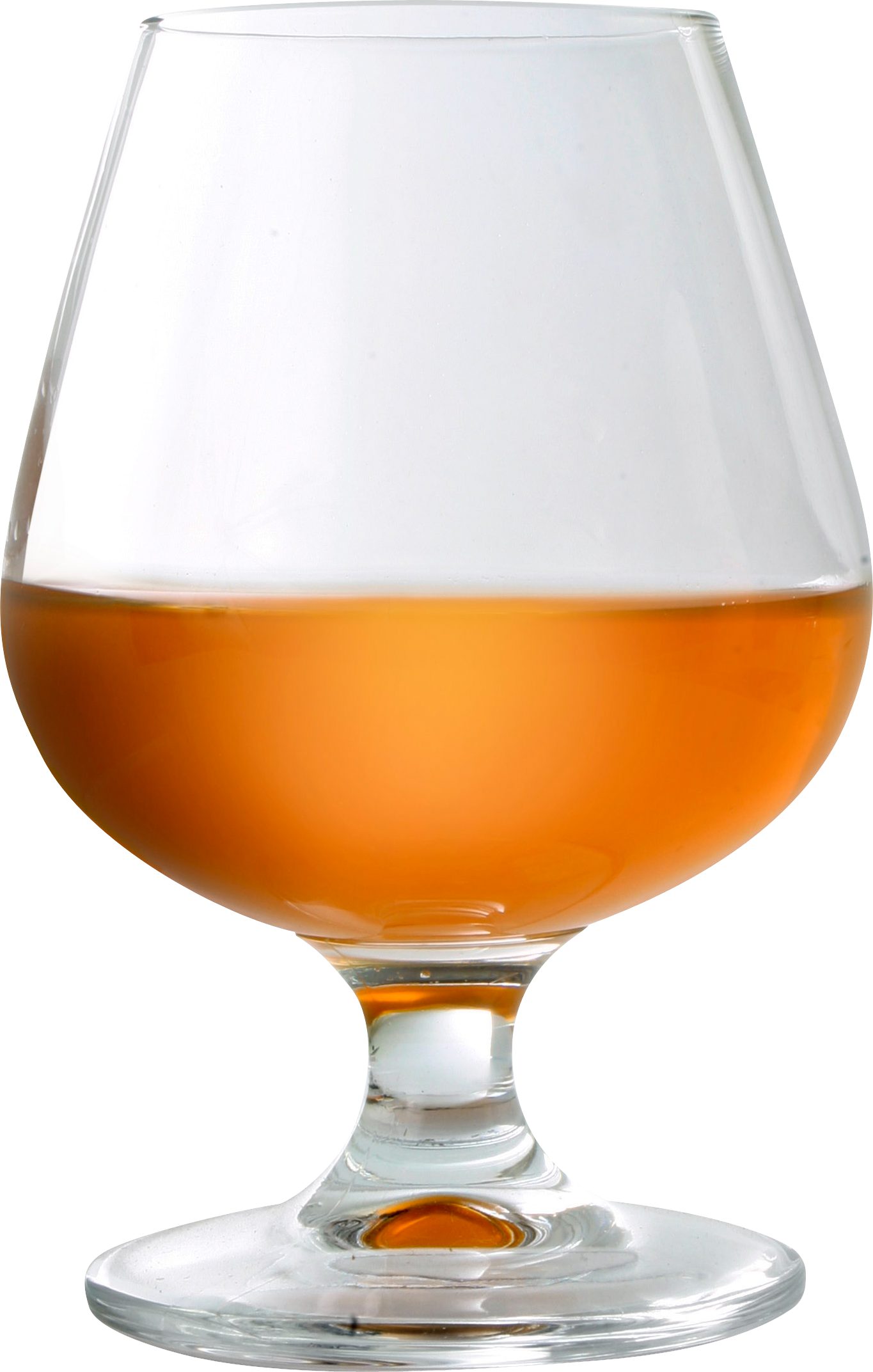
This image has format transparent PNG with resolution 1365x2145.
You can download this image in best resolution from this page and use it for design and web design.
Cognac glass PNG with transparent background you can download for free, just click on download button.
Cognac - is a variety of brandy named after the commune of Cognac, France. It is produced in the surrounding wine-growing region in the departments of Charente and Charente-Maritime.
Cognac production falls under French appellation d'origine contrôlée designation, with production methods and naming required to meet certain legal requirements. Among the specified grapes, Ugni blanc, known locally as Saint-Émilion, is most widely used. The brandy must be twice distilled in copper pot stills and aged at least two years in French oak barrels from Limousin or Tronçais. Cognac matures in the same way as whiskies and wines barrel age, and most cognacs spend considerably longer "on the wood" than the minimum legal requirement.
Cognac is a type of brandy, and after the distillation and during the aging process, is also called eau de vie. It is produced by twice distilling grape produced in any of the designated growing regions.
The white wine used in making cognac is very dry, acidic, and thin; though it has been characterized as "virtually undrinkable", it is excellent for distillation and aging. It may be made only from a strict list of grape varieties. For it to be considered a true cru, the wine must be at least 90% Ugni blanc (known in Italy as Trebbiano), Folle blanche and Colombard, while up to 10% of the grapes used can be Folignan, Jurançon blanc, Meslier St-François (also called Blanc Ramé), Sélect, Montils, or Sémillon. Cognacs which are not to carry the name of a cru are freer in the allowed grape varieties, needing at least 90% Colombard, Folle blanche, Jurançon blanc, Meslier Saint-François, Montils, Sémillon, or Ugni blanc, and up to 10% Folignan or Sélect.
Once distillation is complete, it must be aged in Limousin oak casks for at least two years before it can be sold to the public. It is typically put into casks at an alcohol by volume strength around 70%. As the cognac interacts with the oak barrel and the air, it evaporates at the rate of about 3% each year, slowly losing both alcohol and water. This phenomenon is called locally la part des anges, or "the angels' share". When more than ten years pass in the oak barrel, the cognac's alcohol content decreases to 40% in volume. The cognac is then transferred to "large glass bottles called bonbonnes", then stored for future "blending." Since oak barrels stop contributing to flavor after four or five decades, longer aging periods may not be beneficial.
In this page you can download free PNG images: Cognac PNG images free download, cognac bottle PNG